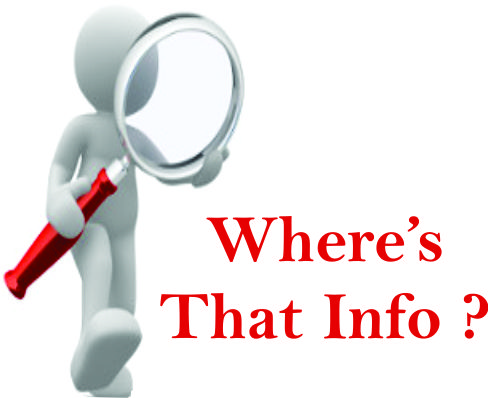- Home
- Medical news & Guidelines
- Anesthesiology
- Cardiology and CTVS
- Critical Care
- Dentistry
- Dermatology
- Diabetes and Endocrinology
- ENT
- Gastroenterology
- Medicine
- Nephrology
- Neurology
- Obstretics-Gynaecology
- Oncology
- Ophthalmology
- Orthopaedics
- Pediatrics-Neonatology
- Psychiatry
- Pulmonology
- Radiology
- Surgery
- Urology
- Laboratory Medicine
- Diet
- Nursing
- Paramedical
- Physiotherapy
- Health news
- Fact Check
- Bone Health Fact Check
- Brain Health Fact Check
- Cancer Related Fact Check
- Child Care Fact Check
- Dental and oral health fact check
- Diabetes and metabolic health fact check
- Diet and Nutrition Fact Check
- Eye and ENT Care Fact Check
- Fitness fact check
- Gut health fact check
- Heart health fact check
- Kidney health fact check
- Medical education fact check
- Men's health fact check
- Respiratory fact check
- Skin and hair care fact check
- Vaccine and Immunization fact check
- Women's health fact check
- AYUSH
- State News
- Andaman and Nicobar Islands
- Andhra Pradesh
- Arunachal Pradesh
- Assam
- Bihar
- Chandigarh
- Chattisgarh
- Dadra and Nagar Haveli
- Daman and Diu
- Delhi
- Goa
- Gujarat
- Haryana
- Himachal Pradesh
- Jammu & Kashmir
- Jharkhand
- Karnataka
- Kerala
- Ladakh
- Lakshadweep
- Madhya Pradesh
- Maharashtra
- Manipur
- Meghalaya
- Mizoram
- Nagaland
- Odisha
- Puducherry
- Punjab
- Rajasthan
- Sikkim
- Tamil Nadu
- Telangana
- Tripura
- Uttar Pradesh
- Uttrakhand
- West Bengal
- Medical Education
- Industry
Prices of 98 drugs not fixed due to non availability of information

New Delhi: The central government has not been able to fix the price of 98 drugs used for treating various diseases such as tuberculosis, cardiac conditions, anemia, malaria and infections due to non-availability of information.
"NPPA prepared list of 98 medicines included in Schedule - I of DPCO, 2013 for which no information is available and prices could not be fixed/notified," National Pharmaceutical Pricing Authority said in a statement on its website.
In an earlier statement in July, NPPA had asked various stakeholders to provide related data in 30 days.
It had sought data/information about these 98 formulations from all state governments and UTs, Drug Controller General of India, drug controllers of states and UTs, IMS health, Pharma Trac and apex pharma organisations such as OPPI, IDMA, IPA, among others, and trade associations.
The authority had then said that it fixed the ceiling price of 530 formulations from the list of essential medicines included in Schedule-1 of DPCO, 2013.
At present, the government caps prices of essential drugs based on the simple average of all medicines in a particular therapeutic segment with sales of more than 1 per cent.
In the case of non-scheduled drugs, companies are allowed to hike prices by only up to 10 per cent in a year.
"NPPA prepared list of 98 medicines included in Schedule - I of DPCO, 2013 for which no information is available and prices could not be fixed/notified," National Pharmaceutical Pricing Authority said in a statement on its website.
In an earlier statement in July, NPPA had asked various stakeholders to provide related data in 30 days.
It had sought data/information about these 98 formulations from all state governments and UTs, Drug Controller General of India, drug controllers of states and UTs, IMS health, Pharma Trac and apex pharma organisations such as OPPI, IDMA, IPA, among others, and trade associations.
The authority had then said that it fixed the ceiling price of 530 formulations from the list of essential medicines included in Schedule-1 of DPCO, 2013.
At present, the government caps prices of essential drugs based on the simple average of all medicines in a particular therapeutic segment with sales of more than 1 per cent.
In the case of non-scheduled drugs, companies are allowed to hike prices by only up to 10 per cent in a year.
Meghna A Singhania is the founder and Editor-in-Chief at Medical Dialogues. An Economics graduate from Delhi University and a post graduate from London School of Economics and Political Science, her key research interest lies in health economics, and policy making in health and medical sector in the country. She is a member of the Association of Healthcare Journalists. She can be contacted at meghna@medicaldialogues.in. Contact no. 011-43720751
Next Story


